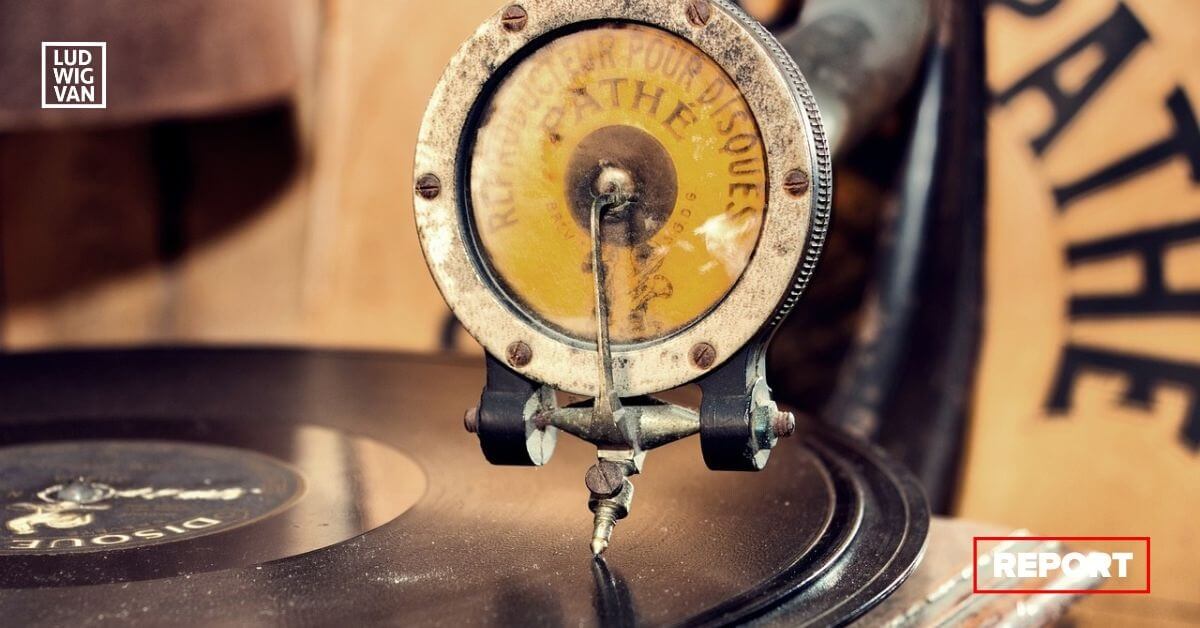
In recent years, there have been multiple headlines about the resurgence of vinyl sales in the music industry, a fact that’s particularly noteworthy in the digital era. Many laud vinyl’s richer sound palette, along with the ability to create larger cover displays and liner notes.
While the overall numbers are still relatively low, it’s showing solid growth. All physical media only make up about 11% of annual sales of recorded music, according to US figures. However, sales of CDs were up (47.7%) and vinyl (up 67.3%) from 2020 to 2021.
However, there’s a side of vinyl sales that isn’t so positive — its environmental impact. From the imported PVC pellets used to produce the discs to the overseas plants where it is made for North American markets, the process isn’t pretty, as reports reveal. PVC itself is a carcinogen, and its production creates toxic wastewater.
Enter bioplastic, an innovation its maker says can help to decarbonise the music biz.
What’s bioplastic?
The bioplastic material in question is uses a sugar-based formula to create a vinyl alternative. The material is a product by Evolution Music of the UK, a company on a mission to green the music industry and create more environmentally and socially responsible practices within it. The company says its material can be immediately substituted for the usual plastic without changing the existing machinery or processing. Acting CEO of Evolution Music Marc Carey said in a media release that the company’s goal is to make it easy for record pressing plants to make the switch.
According to Carey, while there has already been one pressing for public sale, the material is still a work in progress.
“[In] the little bit of lead-in and in between the tracks there’s some surface noise. If you like that, if you’re a 70s fan, you like that little crackling, great,” he said. “We’ve got a unique recipe, but we are a (research and development) company — we’ll carry on with iterations of R&D to improve it.”
“The production of vinyl is toxic in very many ways and there are all kinds of processes in it that are damaging to the environment, but we like vinyl. What’s the solution? Find a non-toxic way of doing it. Hey, presto, here we have it,” said Lewis Jamieson, a co-founder of Music Declares Emergency (MDE), a music industry climate action campaign group with a base of support by nearly 3,000 artists.
“The music industry, the creative arts, should be at the forefront of innovation… and typically, cultural change is what affects political and social change,” Carey noted.
The first recording using Evolution’s bioplastic was manufactured in Middlesbrough, UK, featuring a piece by Bicep, an electronic duo. Carey says he’s hoping that a major recording artist will adopt the bioplastic for their own work, and lead to a trend.
#LUDWIGVAN
Get the daily arts news straight to your inbox.